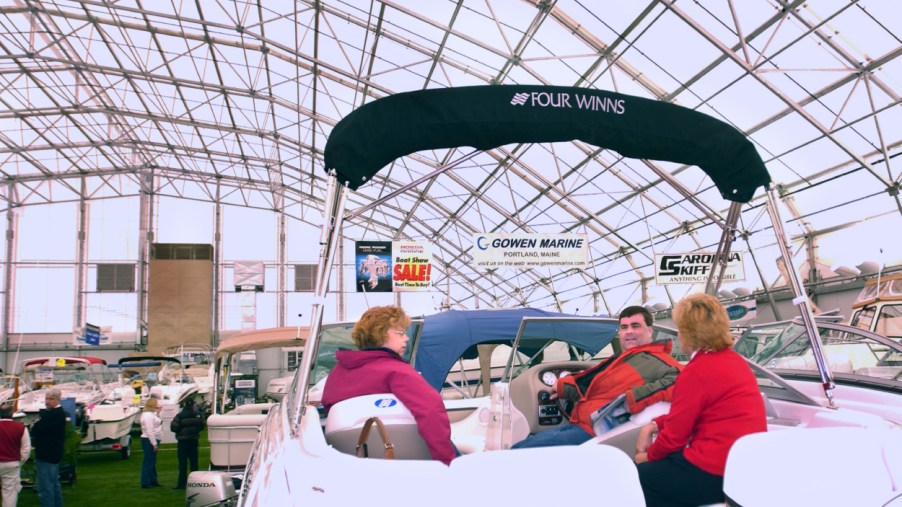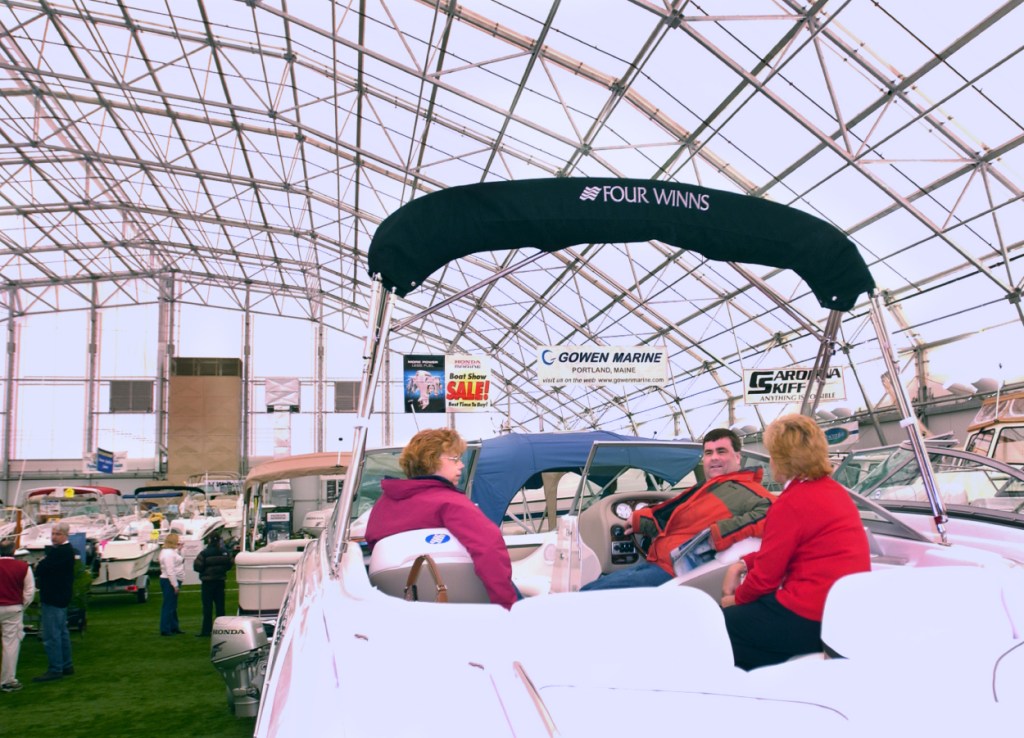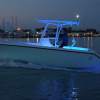
When It Comes To Boats It Never Pays To Be Cheap
Sit by the water’s edge of any lake, and you will see plenty of boats filled with happy people enjoying a beautiful day. You start to imagine yourself out on the water, and suddenly you have the desire to purchase a boat of your own.
There is nothing better than sharing the waterways with your family and friends after a long week of work. If you find yourself scouring online ads looking for the perfect vessel, you might be ready to become a boat owner. But, not so fast.
With so many options on the market, it’s hard to determine which boats will meet your recreational needs. Budget is usually the deciding factor when it comes to purchasing a new boat. It’s important to know that saving money at the onset can sometimes end up costing way more than anticipated. Do yourself a favor, and don’t cheap out!
The most common problems with boats
Trying to save money is never a good idea where boats are involved. The most common problem with boats and engines arise when people try to find cheaper options or workarounds. Using cheap gas, low-end batteries, or inexpensive oil is a recipe for disaster.
Boating Mag noted in an article discussing this topic, “It’s really hard to understand why a guy who has spent $80,000 on a boat, or $350 for a cooler for crying out loud, would feel it necessary to save a few bucks on oil. Or gasoline.”
Trying to save a few bucks at the pump may end up costing more in the long run

Ethanol gasoline is keeping boat mechanics in business. When novice owners use low-grade E15 gasoline instead of a premium grade, they are asking for trouble. Over time, cheap gas wreaks havoc on an expensive motor.
Reaching for the cheaper option at the dock might seem like a good option at the time, but will end up costing more in the long run. The National Marine Manufacturers Association (NMMA) caution boaters about purchasing low-grade gasoline, stating, “Do not use fuel with more than 10 percent ethanol and use ethanol-free fuel if you can.”
It’s never a good idea to just look for what is cheap and available. Understanding your boat’s engine will keep it running all summer long. Avoiding ethanol and choosing high octane gasoline will help your engine operate efficiently and smoothly. Keep in mind that a premium gas won’t enhance performance, but it will help your boat perform to the specifications that it is designed for.
Things to look for when buying a used boat
It’s enticing to buy a used boat to save the front end depreciation from purchasing new at a dealership. But, when you buy a boat from a private seller, sometimes you are getting the problems along with it.
Don’t make price the only deciding factor when purchasing a new vessel. Inspect the engine, look at the dipstick to ensure the oil is in good condition, and make sure the spark plugs aren’t corroded.
Take a thorough look at the electrical systems and make sure the bilge pump is properly operating. Look for any obvious damage or defects, rot, cabins leaks, or saturated foam. These are all telltale signs of previous problems the boat owner has endured.
Boats.com recommends showing up “15 minutes early for the sea trial, so the seller doesn’t warm it up ahead of time.” They also suggest that “the number-one rule about buying a used boat is: never sign on the dotted line until you’ve gone for a ride.”
While a low price may be enticing to lure you into making a purchase, remember not to cheap out. Buy a sturdy, sound vessel that will bring you a lot of joy out on the water instead of a lot of headaches. Spend the money now instead of later on down the road.


